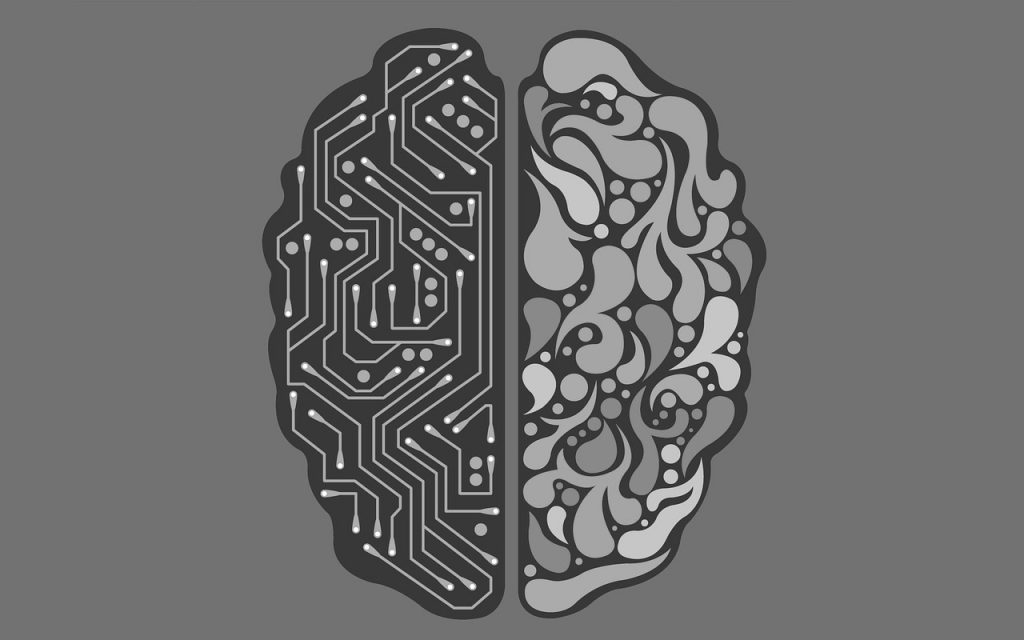
AI in Music: The End of Human Creativity?
Music has for a long time been perceived as one of the bastions of creativity. However, in our process of developing Auricle, an AI music composition platform many ethical questions have started cropping up. Is this the end for composers and artists? Are we depriving a generation of creativity?
Douglas Eck of Google’s Magenta project has been considerably clear that its objective is to enhance and push the boundaries of the creative experience, not replace it. Likewise, Aiva, a platform that is able to produce western classical compositions in minutes still requires human input with regards to orchestration and musical production and its creators surprisingly envisage human collaboration rather than replacement.
So if deep learning algorithms can teach systems to develop music, what is left for composers to do? Well at this stage, there’s a lot. Many platforms are still highly dependent on human input in terms of the creative aspect but that will naturally begin to change with the AI systems learning more from user habits.
Like many industries around the world that have seen change due to automation, musicians will need to adapt to the technological advancements. This won’t mean a complete replacement but rest assured the bar is being raised.
On the other hand we should appreciate that music has always been tied in to an expression of feeling which is a culmination of collective experiences that causes the musician to strum in that particular way or press a key with that much passion. AI music systems have not explored this aspect of creativity and for now, it remains uniquely human.

